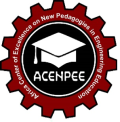General Note on Brief for each Program.
Students of the Centre will be registered in the various Engineering department listed above taking relevant Engineering courses required for the award of their Masters or Ph.D degrees. In addition, they will be required to undertake Certificate in Engineering Education (CEE) Courses to be mounted by the Centre in collaboration with the Faculty of Education through staff of the Centre and relevant resource persons from the Faculty of Education and Faculty of Engineering. This will enable them to acquire in addition to Engineering degree a Certificate in Engineering Education.
The M.Sc. and Ph.D
course work and research.
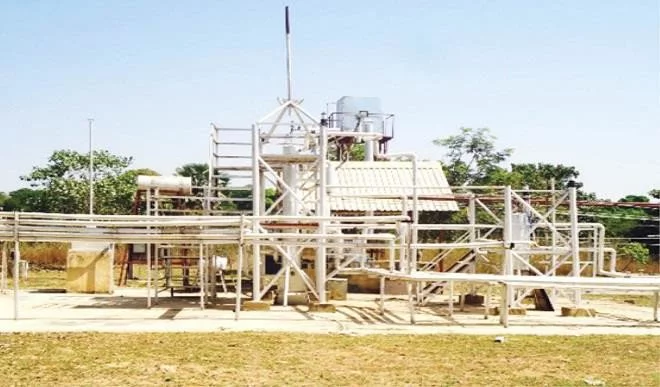
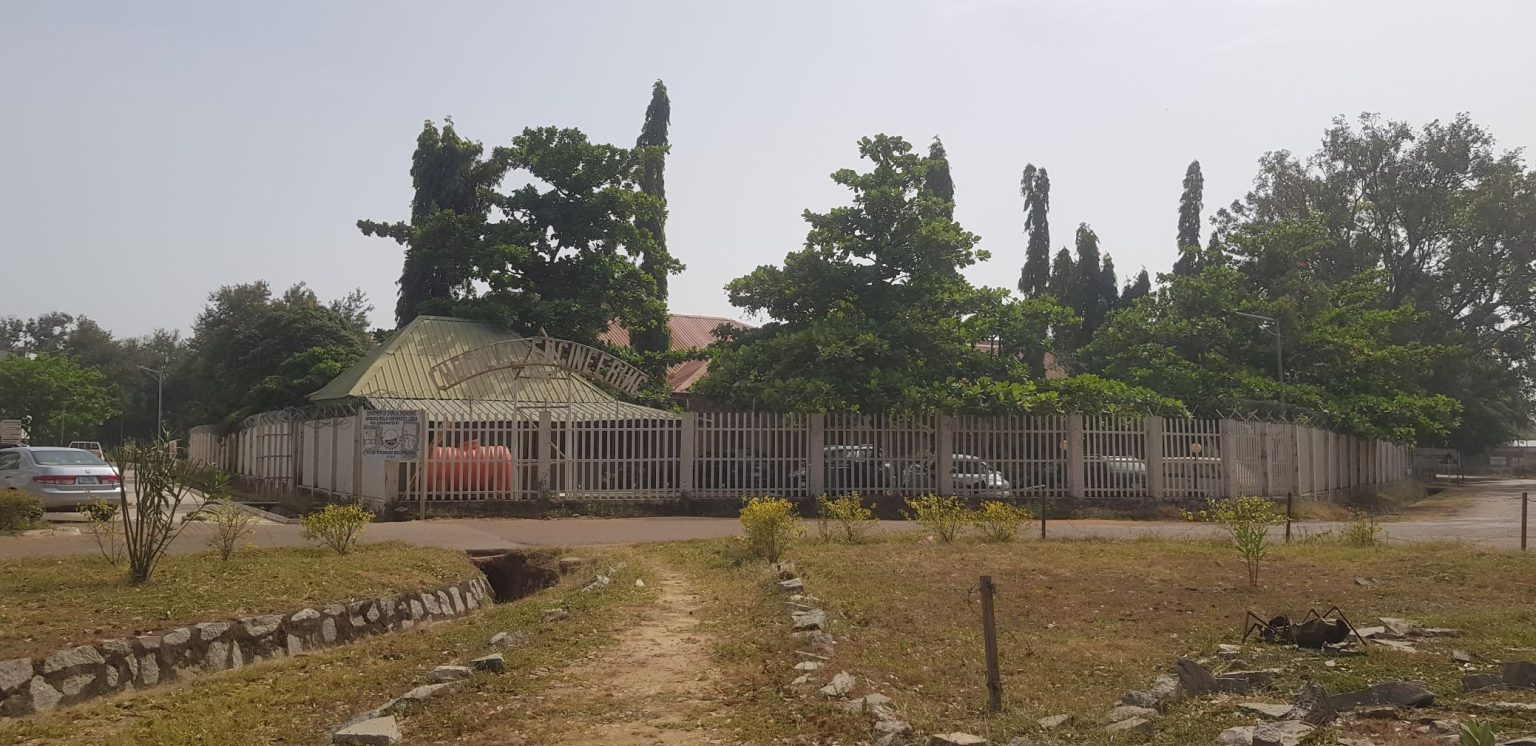
Chemical Engineering
The following areas of specialization are available for the postgraduate studies in Chemical Engineering:
- Petroleum and Gas Processing
- Process Engineering
- Polymer/Ceramic Engineering
The objective of this program is to provide advanced and specialized courses in the various options above. The trained engineers should be capable of adapting Chemical Engineering principles to solving local as well as regional problems and should have teaching and research competence and the motivation to train others providing innovation to evolving problems.
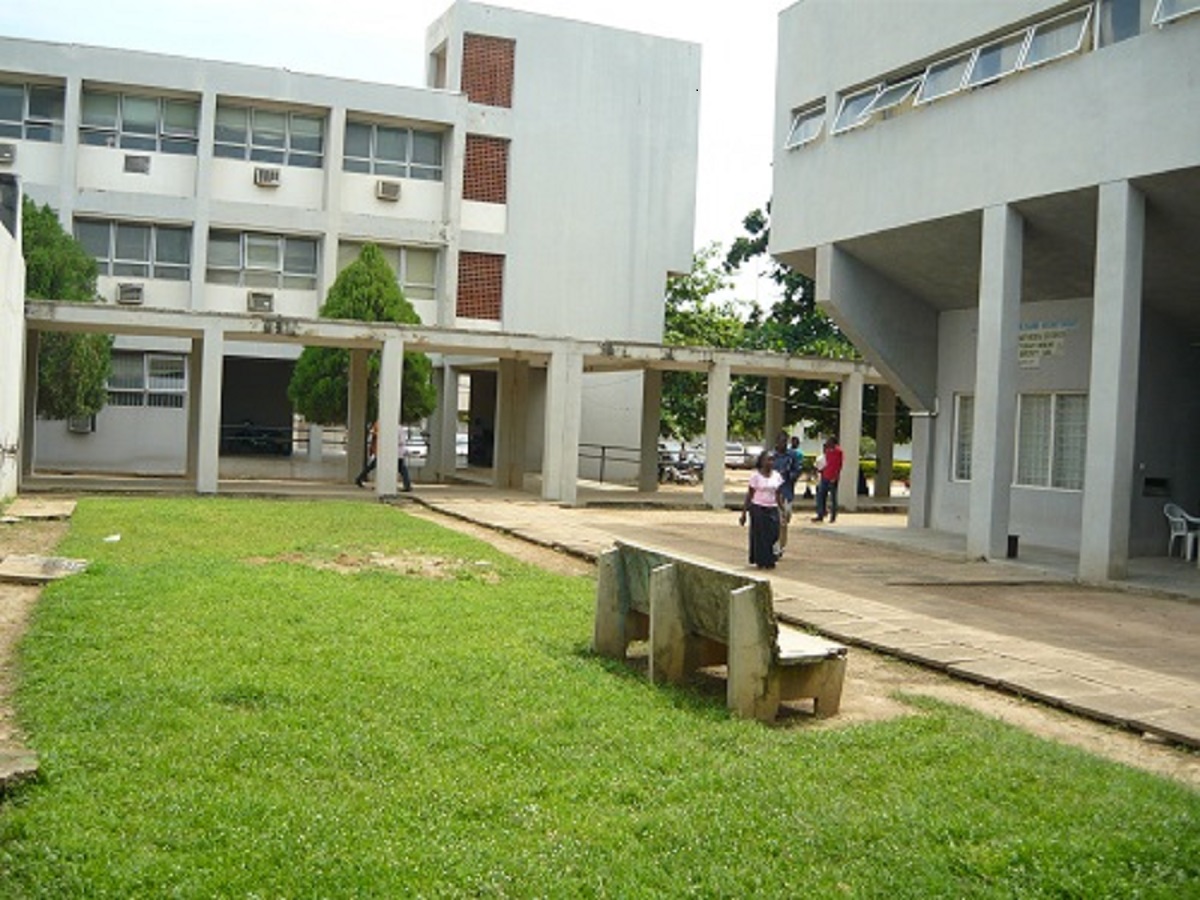
Water Resources and Environmental Engineering
The following areas of specialization are available for M.Sc and Ph.D studies in Water Resources and Environmental Engineering:
- Environmental Engineering
- Hydraulics and Engineering Hydrology
This program is designed to train high level manpower to man the Water Boards, River Basin Development Authorities, major water and environmental related infrastructural challenges, higher institutions of Learning, Research Centres etc. They should be able to adapt water resources and environmental engineering principles to solve local and regional challenges.
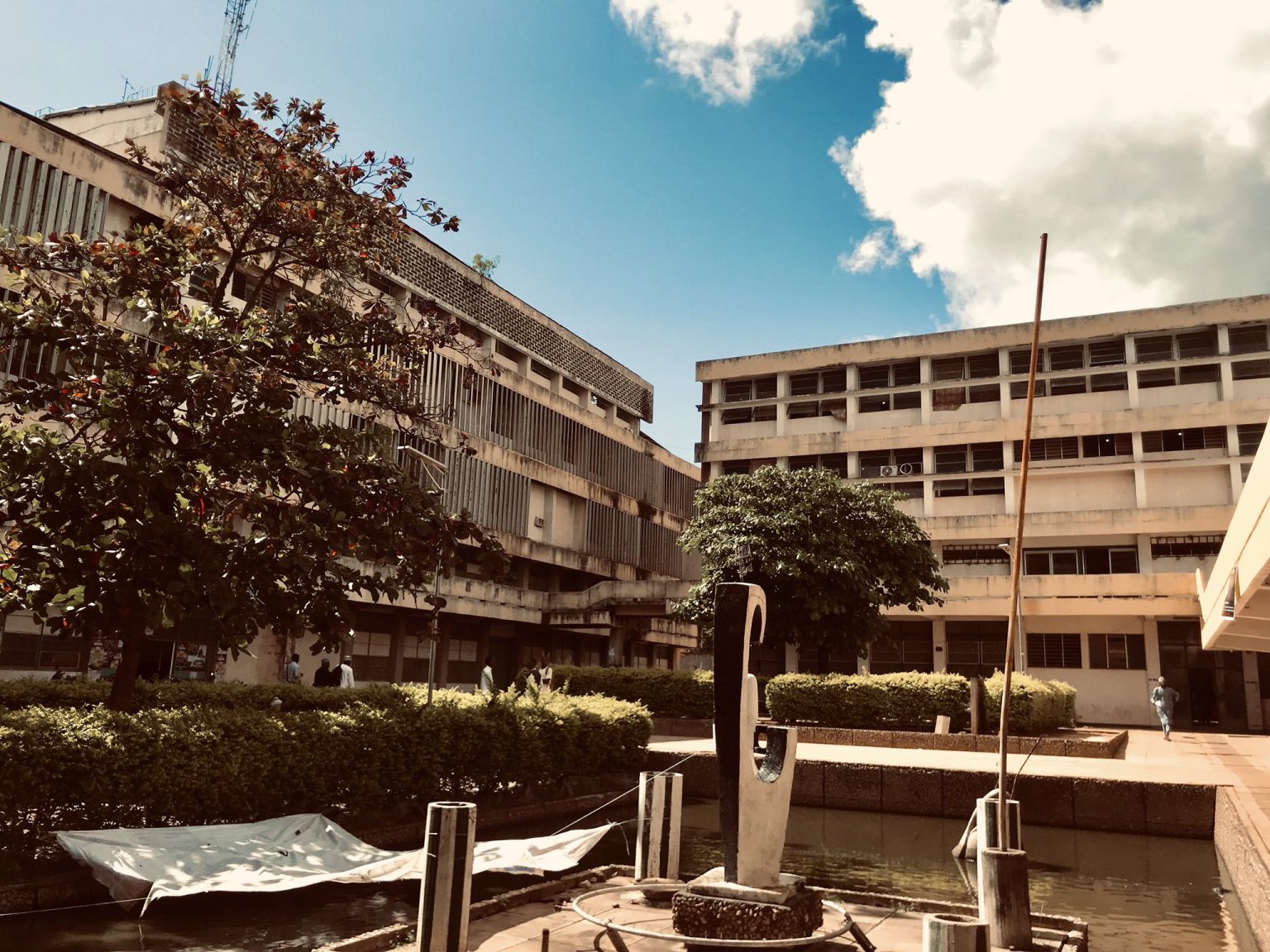
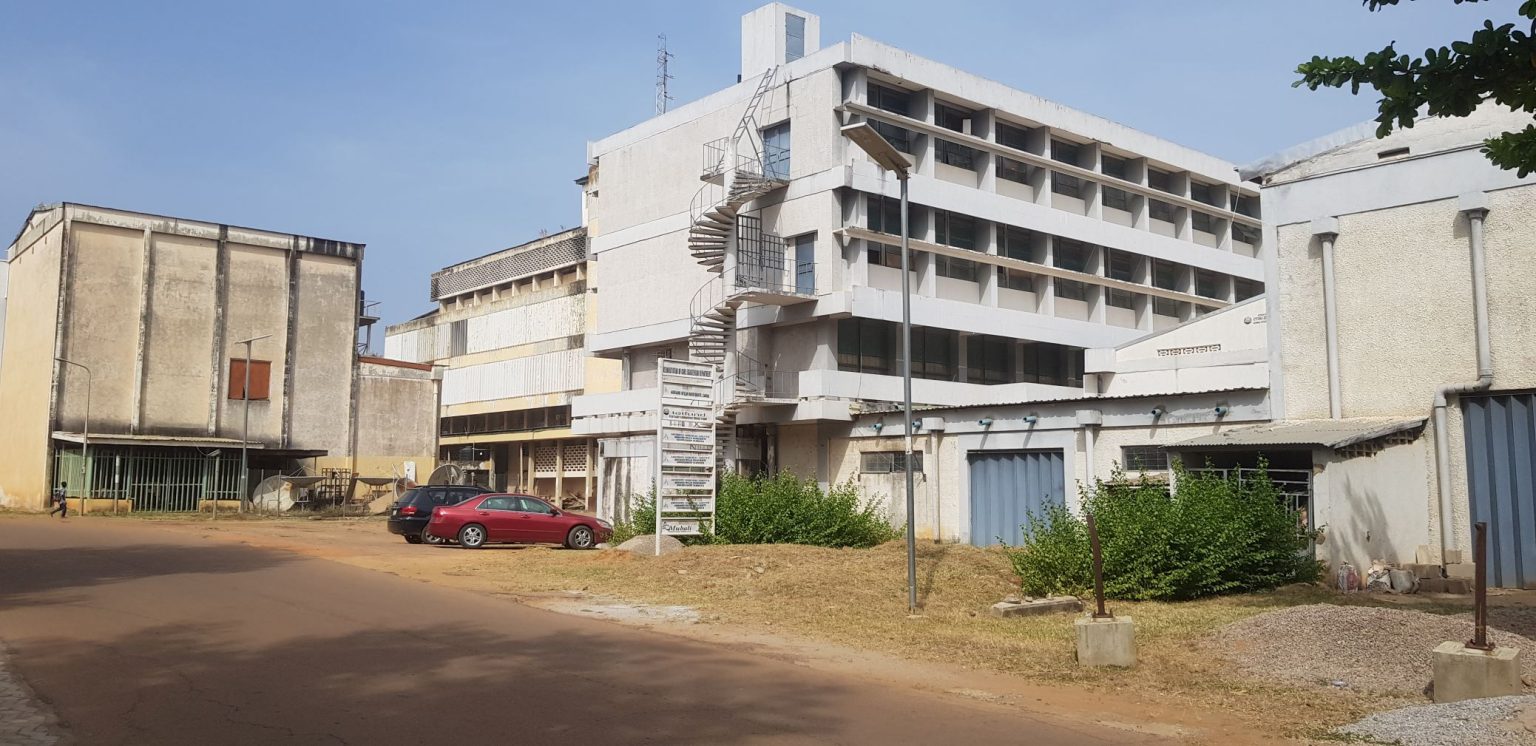
Civil Engineering
The following areas of specialization are available for M.Sc and Ph.D studies in Civil Engineering.:
- Structural Engineering
- Geotechnical/Geo-Environmental Engineering
- Civil Engineering Construction Materials
- Highway and Transportation Engineering
The trained civil engineer should be capable of adapting Civil Engineering principles to solving local as well as regional problems. They should also be able to train others and make academic and professional contributions in their area of specialization. The departmental postgraduate programme is geared towards the realization of these broad objectives.
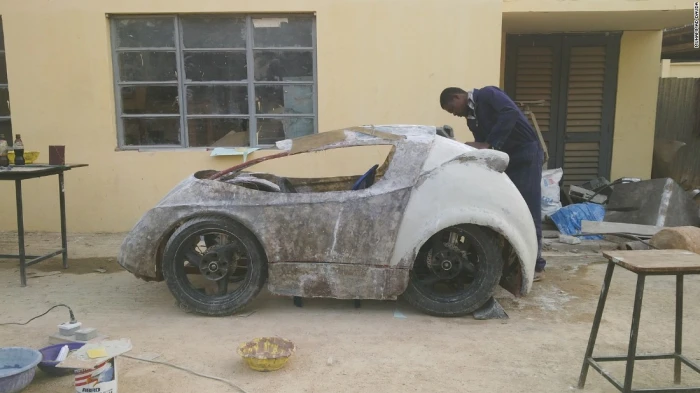
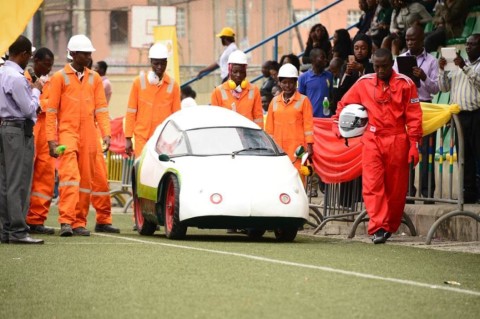
Mechanical Engineering
The following areas of specialization are available for M.Sc and Ph.D studies in Mechanical Engineering:
- Production Engineering
- Energy Studies
- Mechatronics Engineering (M.Sc Only)
The trained engineers should be capable of adapting Mechanical Engineering principles to solving problems and should be able to train others and make academic and professional contributions in their area of specialization. The departmental postgraduate programme is geared towards the realization of these broad objectives
Instructional Methods and Resources
The teaching approaches shall be diversified to ensure enhanced learning. Instead of the traditional lecture method, instruction will be focused on seminars, workshops, discussion, experimentations, practical and other learner-centered teaching/learning strategies.
We will use digital learning technology to enhance education, support faculty instructors, promote student’s active learning and provide access to quality education. In particular, we will use 3D models and animations e.g. (https://youtu.be/ML_D3ocoEgc), Lecture with image: (https://youtu.be/cx582P7HkAc), MIT mathlets (http://mathlets.org/), google classroom, cat-soop, etc. Faculty and students will use the MIT open courseware (which is the biggest repository of materials that are license free to the world) to access additional lecture materials etc. www.ocw.mit.edu. We will also adopt digital tools that can assist in home work assessment/grading of students as well as lecture feed backs.
CERTIFICATE IN ENGINEERING EDUCATION (CEE)
Objectives of the Programme
- The programme objectives are to:
- Understand and appreciate the History and Philosophy of Engineering Education
- Acquire the basic knowledge of curriculum and course design.
- Acquire knowledge and skills in the use of new pedagogies in engineering education.
- Be able to use technology (soft and hardware) in teaching and learning.
- Interpret and apply theories of learning in engineering education.
- Design, manage and ensure safety of engineering laboratories.
- Develop research proposals in Engineering Education.
Intended Learning Outcomes
- Design effective courses by articulating intended learning outcomes
- Use research on how students learn to improve teaching
- Select and design interactive in-class exercises that further intended learning outcomes
- Plan and facilitate effective class sessions
- Integrate and use digital tools in teaching to enhance learning
Instructional Methods and Resources
The teaching approaches shall be diversified to ensure enhanced learning. We will be using multiple active learning techniques involving whole class and small group discussion. In general instruction will be focused on seminars, workshops, discussion, experimentations, practical and other learner centered teaching/learning strategies.
We will use of digital learning technology to enhance education, support faculty instructors, promote student’s active learning and provide access to quality education. In particular, we will use 3D models and animations e.g. (https://youtu.be/ML_D3ocoEgc), Lecture with image: (https://youtu.be/cx582P7HkAc), MIT mathlets (http://mathlets.org/), google classroom, cat-soop, etc. Faculty and students will use the MIT open courseware (which is the biggest repository of materials and are license free to the world) to access additional lecture materials etc. www.ocw.mit.edu. We will also adopt digital tools that can assist in home work assessment/grading of students as well as lecture feed backs.
Professional short courses to be offered
- Curriculum and Course Design in Engineering
- Use of Digital platforms for teaching and learning
- Learning Experiences Design
- Assessment methods and tools
APPLIED RESEARCH
- Research the effectiveness of different pedagogies in enhancing teaching and learning among faculty and students using critical thinking rubric, standardized concept inventory, survey and interview formats and controlled experiments. Systematic course evaluation by students will provide added insight into the effectiveness of different pedagogies.
- Research and production of prototype engineering pedagogy tools for application in the classroom – Engineering Learning Experiences Designs (E-LEDs)
- Implementation and evaluation of E-LEDs
- Development of new multimedia (pictures, diagrams, animations and videos) to mediate these E-LEDs.
